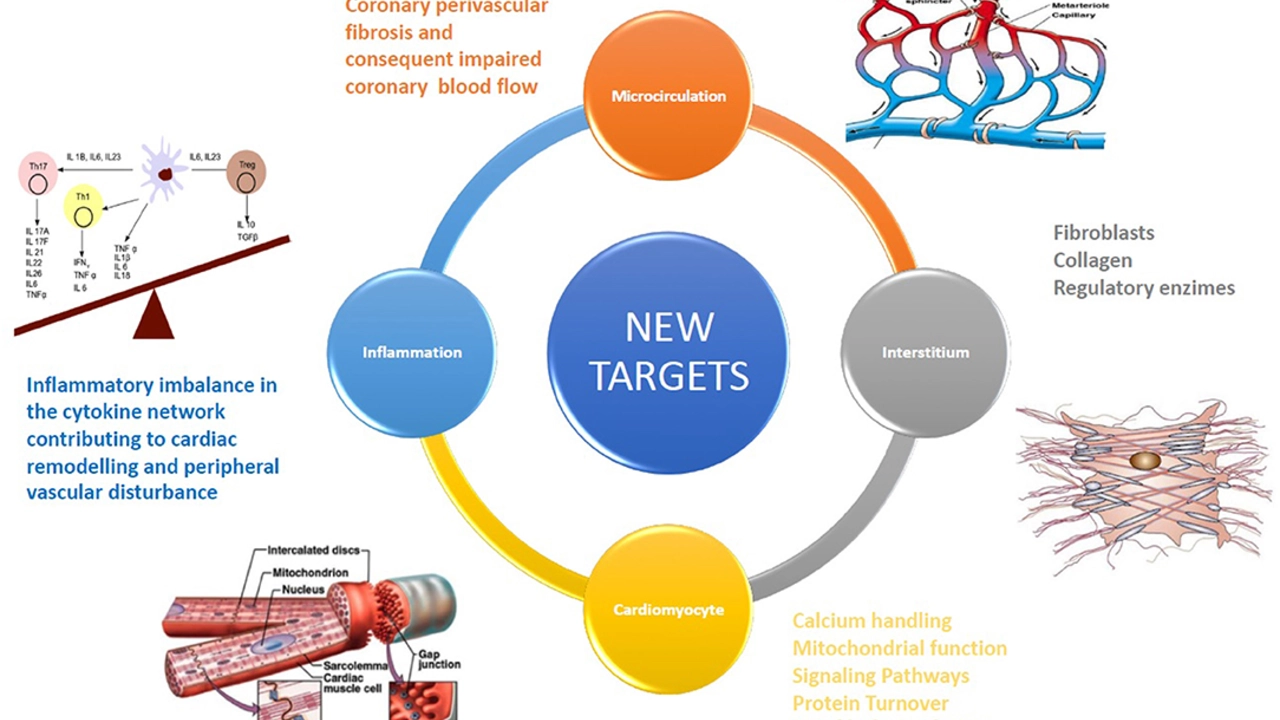Heart Disease Risk: What Really Raises It and What You Can Do
Heart disease kills more people than any single illness. But risk isn't a mystery — many of the biggest drivers are things you can change. This tag collects clear guides about medicines, tests, and everyday habits that push your heart toward trouble or pull it back to safety.
Start by knowing the big risk factors: high blood pressure, high cholesterol, type 2 diabetes, smoking, excess weight, and a sedentary life. Certain medications and untreated conditions can also nudge your risk higher. If you have any of these, talk with your doctor about a simple plan to reduce risk fast.
Practical checks and tests
Get basic screening: blood pressure, fasting lipid panel (cholesterol), and HbA1c for blood sugar. Aim for blood pressure under 130/80 if you already have heart disease or are at high risk. Keep sodium below 2,300 mg a day, and ask whether a statin is right if your LDL cholesterol is above target or your overall risk is elevated.
Don’t skip regular meds reviews. Some drugs affect blood pressure or interact with heart meds. Bring a list of everything you take — prescription, over‑the‑counter, and supplements — to your appointment. A quick medication review can prevent dangerous interactions and reveal safer alternatives.
Simple, effective steps to cut risk
Move more. Aim for 150 minutes a week of moderate exercise, like brisk walking. Strength training twice weekly helps too. Even short walks after meals lower blood sugar and ease stress on your arteries.
Change what you eat. Pick the Mediterranean pattern: vegetables, whole grains, legumes, nuts, fish, and olive oil. Cut processed foods, sugary drinks, and too much red meat. Losing just 5 to 10 percent of body weight often improves blood pressure and blood sugar.
Stop smoking and limit alcohol. Quitting smoking quickly reduces risk; ask your doctor about nicotine replacement or medications that help. Limit alcohol to no more than one drink a day for women and two for men.
Keep an eye on symptoms. Shortness of breath, chest pressure, sudden fainting, or new swelling in the legs need prompt evaluation. Don’t wait — early care matters.
Explore our articles tagged “heart disease risk” for practical drug guides, medication safety checks, and condition-specific advice. You’ll find clear pieces on blood pressure drugs, diabetes meds, and how common prescriptions affect the heart. Pick one action today — check your blood pressure, schedule a lab test, or swap a soda for water — and you’ll be moving your risk in the right direction.
If you take medicines for blood pressure, diabetes, or cholesterol, don’t skip follow-ups. Small tweaks—changing dose, timing, or switching drugs—can cut side effects and improve protection. For example, some blood pressure meds help kidney protection, others suit people with asthma better. We publish easy guides that compare options and show what to ask your doctor. Read a quick post, note one question, and bring it to your next visit. Small steps add up daily.
